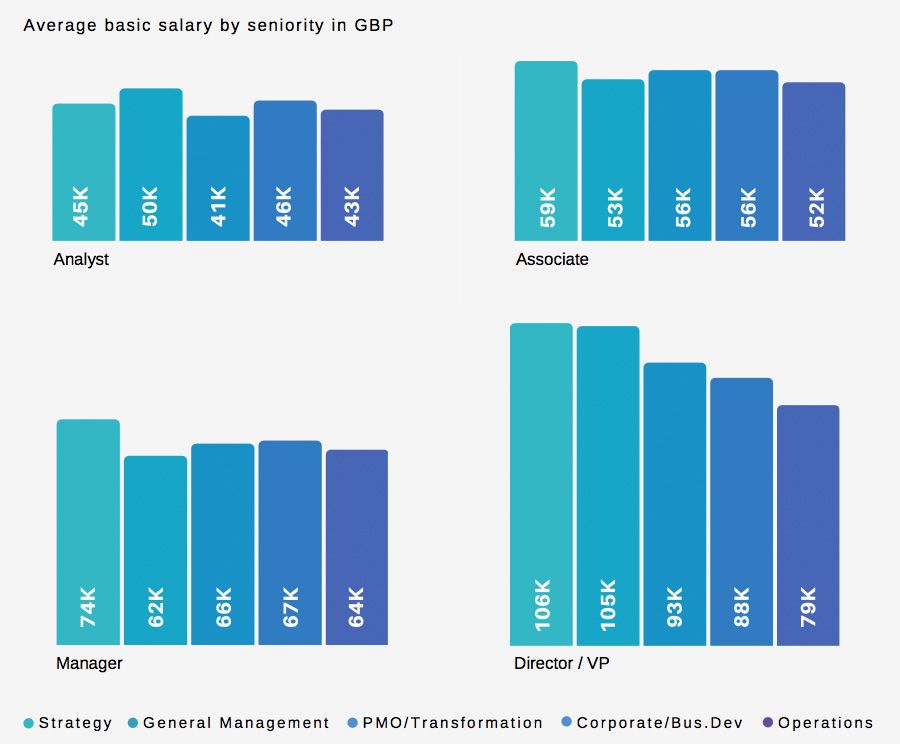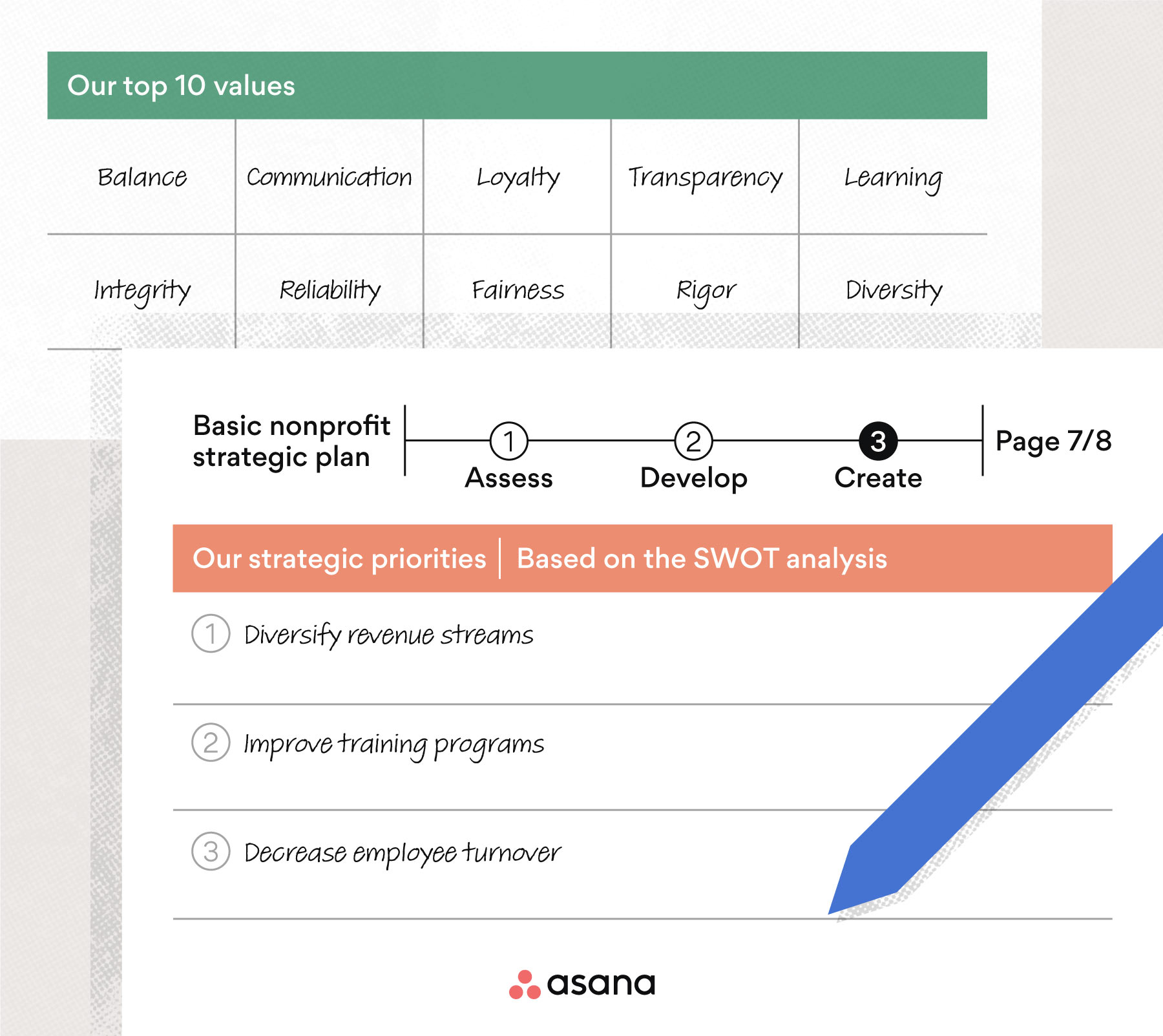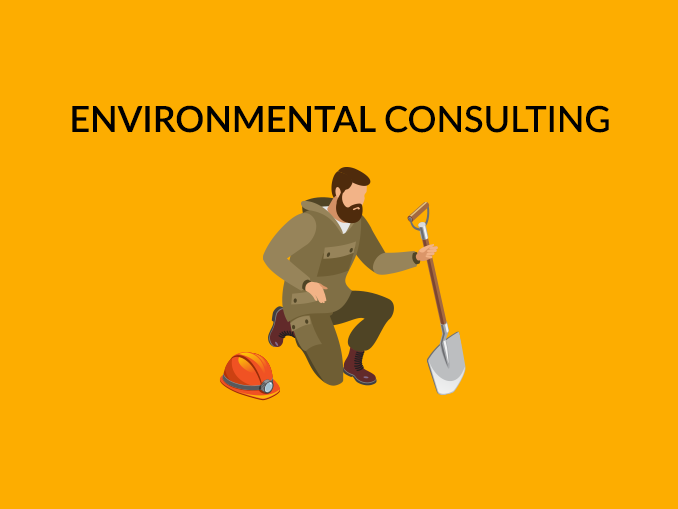
CFP(r), a CFP(r), is an excellent way to begin a rewarding career working as a financial adviser. This rigorous certification process will give you the skills and knowledge to provide comprehensive advice to your clients, and help them plan for the future. The education required to become Certified Financial Planner (r) is two-part. First, you need to earn a bachelor’s degree.
CFP
Certified Financial Planner (CFP), a professional certification mark, is for financial advisors. It is granted by the Certified Financial Planner Board of Standards in the United States and by over 25 other certification boards worldwide. CFP certifications are widely recognized and highly appreciated by clients and professionals in the financial industry. Financial planners seeking to give quality advice to clients need this certification.
To become a CFP, you should have a bachelor's degree and have worked for at least three years in a financial advisory role. A CFP certification is also beneficial if you have an apprenticeship or comparable experience. Lastly, the exam is criterion-referenced, meaning you are not graded on a bell curve.

The CFP certification also requires the holder to have a thorough understanding of all financial planning topics, such as cash flow and tax planning. CFPs must always put clients' interests first.
Financial consultant certified by the Institute of Certified Financial Analysts
Financial professionals will find the Chartered financial consultant certificate a valuable credential. It is a valuable credential that demonstrates your ability to manage complex transactions. These professionals often earn more than their noncertified counterparts and are more appealing to potential employers. A ChFC certificate could even be a stepping stone to higher management roles. The American College requires applicants to complete a course in order to earn a ChFC certification. The typical four-course program costs $599-$5400. Additional study materials can also be purchased at an additional cost.
A wide variety of financial planning services can be provided by Chartered Financial Consultants. They are experts in all areas of investment planning and can help individuals or businesses. Their training program includes topics like retirement and tax planning, employee benefits, insurance, and estate planning. Their clients with solid investment knowledge are the most successful.
Certified investment management analyst
CIMA is the Certified Investment Management Analyst (CIMA), a valuable credential that financial professionals can use. This certification allows financial professionals to demonstrate their skills to clients and employers. You must pass an extensive exam and complete an educational program to be certified. CIMA certification programs can be taken online or in-person.

CIMAs focus on strategic financial reporting and financial management. They bring vast experience to their work. They are also required to meet strict standards for ethics and provide character references. Those interested in earning this designation can use the SmartAsset financial advisor matching tool to find the right person to meet their financial needs.
CIMA certification can be used to show that you are an expert in investment management and financial risk. The exam has two parts: a multiple-choice portion and an essay section.
FAQ
Can anyone be a consultant?
A consultant is someone who assists you in achieving your goals by offering advice and suggestions on how to achieve it faster, cheaper, and so forth.
A consultant can help you solve problems, make decision, or negotiate with people.
For specific tasks or projects, consultants are often hired.
In fact, most consultants are paid hourly or daily rates rather than per project.
How much does it cost for a consultant to be hired?
Many factors go into determining how much it costs to hire a consultant. These include:
-
Project size
-
Time frame
-
Scope of work
-
Fees
-
Deliverables
-
Other factors such as location and experience are also important.
How do you choose a consultant to help me?
There are three key factors to be aware of:
-
Experience - How skilled is the consultant? Is she a beginner, intermediate, advanced, expert, or something else? Does her resume demonstrate that she has the required skills and knowledge
-
Education – What did this person learn at school? Did he/she study any relevant courses after graduating from high school? Is there evidence that he/she learned from the writing style?
-
Personality – Do we like this person/person? Would we hire him/her to be our employee?
-
These questions can help you determine whether the consultant is right for your needs. If the answers are not clear, it may be worthwhile to interview the candidate in person to get more information about them.
What are the benefits to being a consultant?
Consultants are able to pick when and where they want to work.
This allows you to work wherever and whenever you want.
It means that you can change your mind easily without worrying about losing your money.
Finally, your income can be controlled and you can set your own hours.
Statistics
- According to IBISWorld, revenues in the consulting industry will exceed $261 billion in 2020. (nerdwallet.com)
- On average, your program increases the sales team's performance by 33%. (consultingsuccess.com)
- WHY choose me: Why your ideal client should choose you (ex: 10 years of experience and 6-week program has helped over 20 clients boost their sales by an average of 33% in 6 months). (consultingsuccess.com)
- "From there, I told them my rates were going up 25%, this is the new hourly rate, and every single one of them said 'done, fine.' (nerdwallet.com)
- According to statistics from the ONS, the UK has around 300,000 consultants, of which around 63,000 professionals work as management consultants. (consultancy.uk)
External Links
How To
What Does A Typical Day For A Consultant Look Like?
Your work type will determine the length of your day. You will be spending time researching, planning new ideas, meeting with clients, and creating reports.
You'll often have meetings with clients where you can discuss issues and solve problems. These meetings can be held over the telephone, online or face-to face.
The proposal is a document that outlines your ideas and plans to clients. You'll need to discuss your proposals with a mentor, colleague, or friend before you present them.
After all the planning and preparation you will have to put your efforts into creating some content. You could write articles, design websites, edit photos or conduct interviews.
Based on the scope and complexity of the project you may need research to obtain relevant statistics. You might need to determine how many customers you have, and whether they buy more than one product.
Once you have collected enough information, it's now time to present the findings to your clients. Your findings may be delivered orally, or written.
After the initial consultation, it is important to follow up with clients. You might contact them regularly to check on their progress or send them emails to confirm they have received your proposal.
This process takes time, but it's important to ensure that you stay focused and maintain good relationships with clients.